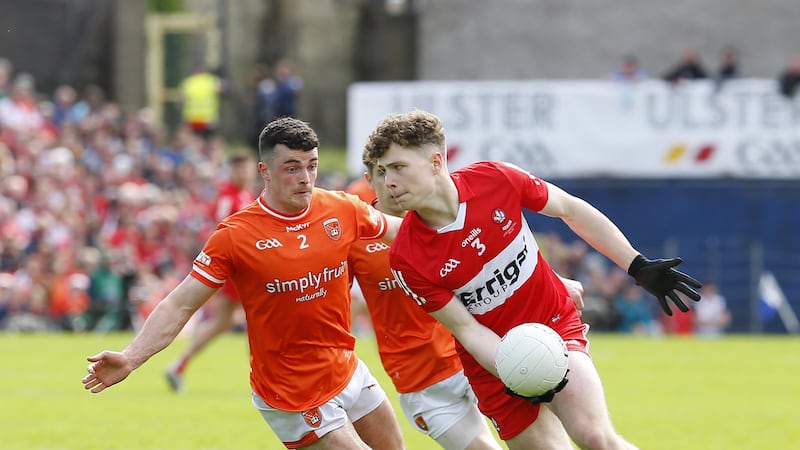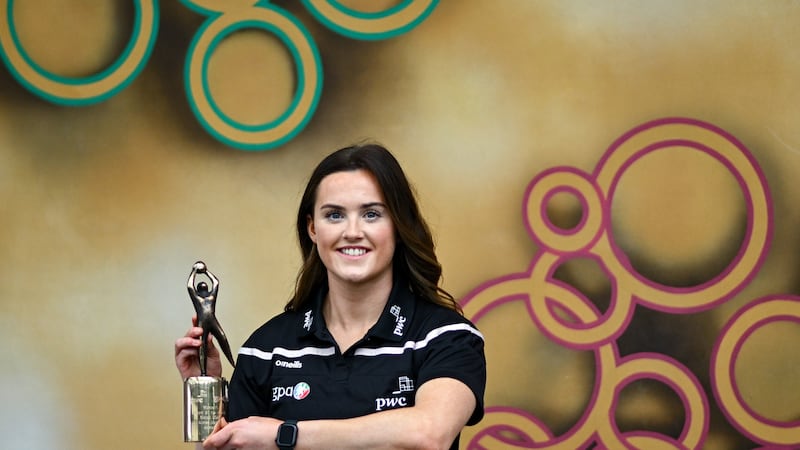HE was Gaelic football’s Spice Boy when he came from nowhere to help Dublin land Sam before dabbling in TV presenting and even opening cinemas with the likes of Richard Branson and Boyzone.
This was the mid-‘90s and, for a time, Jason Sherlock’s name was on everybody’s lips. I remember teenage boys and girls giddily queuing to ask for autographs when he visited our school the year after his All-Ireland winning exploits.
Yet, apart from being an overnight sensation in Gaelic football, Sherlock had already established himself on the Irish U19 basketball team and was one of the rising stars of the League of Ireland with UCD.
Indeed, a move across the water could also have been on the cards before he had even made a name for himself in the sky blue shirt as, after a May 1995 friendly against Liverpool, then Reds boss Roy Evans invited the Dubliner to come over to Melwood and have a crack at conquering Merseyside.
It never happened and the rest, as they say, is history.
But at that moment the world, it seemed, was whatever he wanted it to be. ‘Jayomania’ had gone into overdrive and Sherlock fully embraced the movement.
Yet, despite the huge profile after his goal helped the Dubs beat Tyrone 22 years ago, Sherlock was never one to bare his soul in public or speak at length about anything other than football.
But what a story he has to tell – one which transcends the sporting arena and provides fascinating insights into his childhood, the travails of life as a mixed race kid in 1980s Dublin, long before being thrust into the spotlight.
The son of a Hong Kong father who he rarely saw, Sherlock grew up deeply uncomfortable with the notion of being different. Of standing out. When anybody would slag or taunt, the young man hit out.
His father’s family owned a Chinese restaurant in the city and, when he was occasionally brought to visit, Sherlock would insist on having fish and chips. To order Chinese food, he believed, was to acknowledge that which made him different.
Some of the recollections are an uneasy read as Sherlock himself comes to terms with who he is. By his own admission, it is an ongoing journey.
As it turned out, 1995 would prove to be the highlight of his days with the Dubs, and he spent the next 15 years attempting to reach the promised land once again. That day would never come, and it is something that clearly still hurts.
Sherlock’s Dublin career came to an abrupt end in 2010 when, after being canvassed by boss Pat Gilroy, some of his fellow players felt it was best the panel moved on without him.
He watched from the stands as they ended their 16-year wait for Sam the following September, and some difficult times followed as he came to terms with the end of his footballing days.
Nine years on though Sherlock is in a good place, and is now an integral part of Jim Gavin’s backroom team with the all-conquering Dublin side of the modern age.
Needless to say, there are no trade secrets revealed, with the real interest instead contained in the human story behind Sherlock’s rise from the streets of Finglas to Croke Park on the third Sunday in September.
Simon & Schuster (Hardback) £18.99



